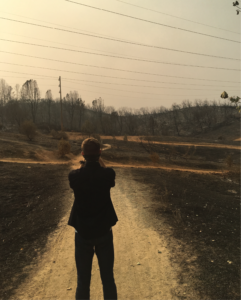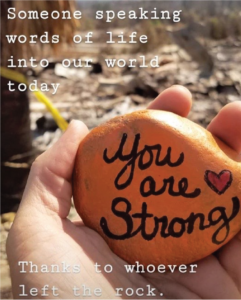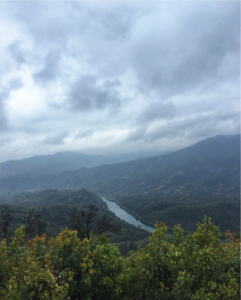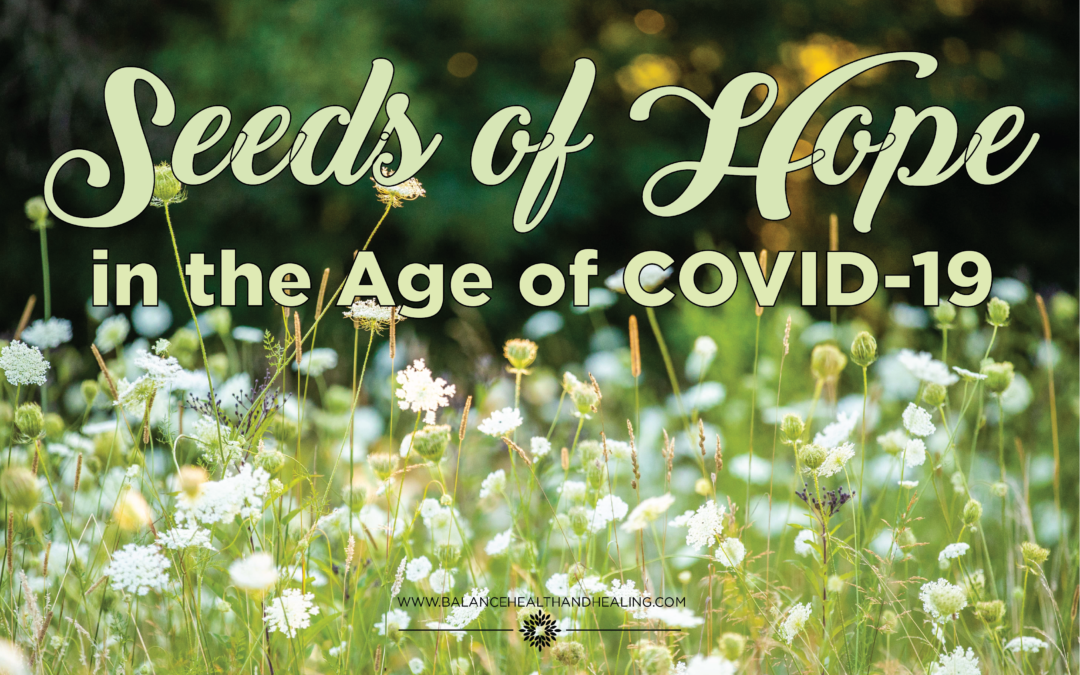 The Carr Fire: Redding, CA, July 26, 2018
The Carr Fire: Redding, CA, July 26, 2018
In the summer of 2018, the Carr Fire struck my hometown of Redding, CA, destroying well over 1,000 homes and taking nearly a dozen lives. The city shifted from a hot summer day to a hellscape in minutes. Skyscraper-tall towers of flame engulfed forests and neighborhoods, forming actual tornadoes of fire. The roads backed up as thousands fled the city, many losing their clothes and hair to the embers.
The fire’s aftermath was ugly: twisted steel of burnt cars, piles of rubble where houses had stood, and streets strewn with exhausted firemen and first responders. All the while, ash still rained. The rest of the summer, N95 masks were a must for any outdoor activity. The sky turned murky gray, and it felt like the blue would never bleed back in.
 Yet, Redding’s response to the Carr Fire showed me the deepest generosity and concern. People rallied around one another, and their
Yet, Redding’s response to the Carr Fire showed me the deepest generosity and concern. People rallied around one another, and their petty differences dissolved or stopped mattering. Children who’d lost their homes brought firefighters burritos. Adults volunteered to pick through strangers’ ruins for cherished items that might have survived. The desire to give abounded. And the willingness to receive with grace matched it. Now, almost two years later, Redding is in full recovery. New foliage has turned the hillsides green, new homes have enlivened damaged neighborhoods, and the city has earned the knowledge that it can weather a crisis with pride.
petty differences dissolved or stopped mattering. Children who’d lost their homes brought firefighters burritos. Adults volunteered to pick through strangers’ ruins for cherished items that might have survived. The desire to give abounded. And the willingness to receive with grace matched it. Now, almost two years later, Redding is in full recovery. New foliage has turned the hillsides green, new homes have enlivened damaged neighborhoods, and the city has earned the knowledge that it can weather a crisis with pride.
COVID-19: Spring of 2020
The scale of COVID-19 is, of course, much larger than the Carr Fire. But already, there are overtones of hope in the collective wailing. Medical professionals brave the front lines daily, fighting a battle they didn’t expect and for which they are often undersupplied. Teachers, many of whom received scant training, have adapted their material to fit online platforms. Italians are playing music from their balconies. Perhaps for the first time in history, every country is united in trying to solve a single problem.
 Being forced socially apart, into an uncertain economic landscape and with the impending fear of illness, is challenging. Suddenly, the whole world is feeling anxious, scattered, and afraid of contamination. Many have lost jobs and live in fear of losing loved ones. But this large-scale isolation will likely give us cause to pursue human closeness and connection. Tragedies like this expose society’s underbelly, for whatever beauty or ugliness it hides, and allow us to reinforce our political structures at their weak points. The Great Depression set off a surge of policies that protected the most economically vulnerable. There’s reason to believe the current crisis will do something similar, if we and our legislators are willing to listen and adjust.
Being forced socially apart, into an uncertain economic landscape and with the impending fear of illness, is challenging. Suddenly, the whole world is feeling anxious, scattered, and afraid of contamination. Many have lost jobs and live in fear of losing loved ones. But this large-scale isolation will likely give us cause to pursue human closeness and connection. Tragedies like this expose society’s underbelly, for whatever beauty or ugliness it hides, and allow us to reinforce our political structures at their weak points. The Great Depression set off a surge of policies that protected the most economically vulnerable. There’s reason to believe the current crisis will do something similar, if we and our legislators are willing to listen and adjust.
My goal is not to argue that COVID-19 is a blessing in disguise. It’s a massive medical and economic tragedy that no sane person could wish on the world. Still, I believe history suggests people tend to respond to crises with a resolve to progress. Sometimes that progress is hard to see. As Steven Pinker put it, “It’s in the nature of progress that it erases its tracks, and its champions fixate on the remaining injustices and forget how far we have come.” It is, in other words, our very attunement to justice and wellbeing that makes the current crisis feel so acute. We have gotten used to better times.
Humans, as deeply as we’re capable of suffering, are strangely resilient. Although it’s far from linear, history is a story about human progress–both moral and material.  Tragedies, wars, and cataclysms force people to reckon with their assumptions and their relationships to others. Emmanual Levinas argued that the holocaust was the event after which we must rethink everything. And, by and large, the world has become safer and more prosperous since the World Wars. This theme is not new. The cycle of death and rebirth appears in nearly every world religion. It is the cornerstone of Christianity. And it can help when trudging through the valley to remember that, as long as people have written, they have written about the tendency of these valleys to anticipate the vistas.
Tragedies, wars, and cataclysms force people to reckon with their assumptions and their relationships to others. Emmanual Levinas argued that the holocaust was the event after which we must rethink everything. And, by and large, the world has become safer and more prosperous since the World Wars. This theme is not new. The cycle of death and rebirth appears in nearly every world religion. It is the cornerstone of Christianity. And it can help when trudging through the valley to remember that, as long as people have written, they have written about the tendency of these valleys to anticipate the vistas.
In movies, good triumphs over evil dramatically, in a single battle or act of bravery. In reality, good triumphs over evil slowly and subtly, with the small acts of people working quietly on projects to improve their communities. Nothing incites this focused activity like a mutual crisis. I hope and expect that we’ll beat COVID-19 not weak and whimpering but resolved to keep making a difference. As Uncle Iroh put it, setbacks are “the opportunity to begin again. Only this time, more wisely.”

